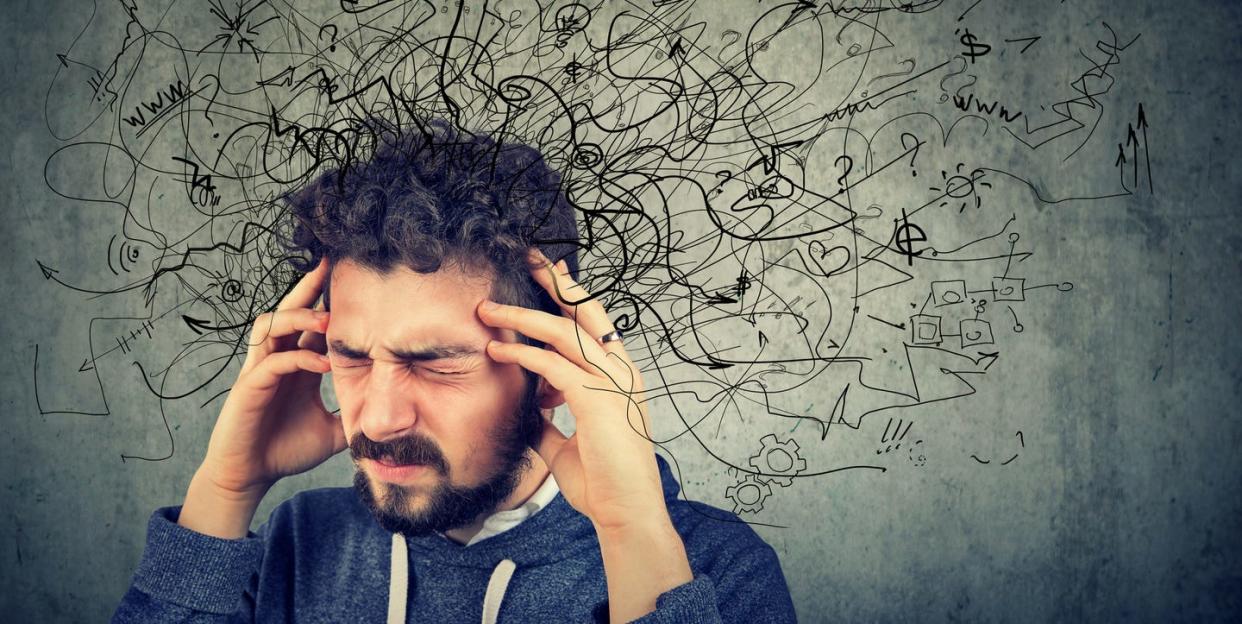Generalised anxiety disorder explained

Anxiety is becoming increasingly prolific in today’s society, particularly among young people. While everybody feels anxious at some point in their lives, anxiety disorders can be all-encompassing unless you seek help. But what exactly is anxiety, and how do you treat it?
What is generalised anxiety disorder?
The main type of anxiety is referred to by health specialists as generalised anxiety disorder (GAD), which is characterised by continued feelings of worry, fear and unease that are present for much of the time and not restricted to specific situations.
Generalised anxiety often accompanies phobias and is extremely common in people who suffer from depression. It can also be caused by physical illness, such as an overactive thyroid gland, or can result from the emotional response to a serious illness.
‘Essentially generalised anxiety disorder is problematic, dysfunctional worry,’ say cognitive behaviour therapist Anna Albright.
‘Sometimes, worry is productive because it helps you process and tackle a problem. However, if it continues beyond the point of helpfulness, this is when it moves into the realm of anxiety.’
Generalised anxiety disorder symptoms
Anxiety manifests itself in various ways and differs from person to person. Albright outlines the warning says you may be suffering from anxiety below:
🔹 Rumination. Anxiety sufferers tend to proliferate thoughts that will have you imagining all sorts of disasters.
🔹 Trouble sleeping.
🔹 Going to the toilet a lot.
🔹 Being excessively sweaty.
🔹 Nervous and unsettled tummy.
🔹 Fuzzy head or unable to think cohesively.
🔹 Constant need for reassurance.
Who is at risk of anxiety?
Anyone can develop anxiety at any time. ‘There's no personality type for anxiety sufferers,’ says Albright. ‘But if you don't naturally have a problem-solving approach, you’re more vulnerable to being anxious.’
Often, anxiety is passed down from the parents. Other risk factors include smoking, drug abuse, and excessive alcohol and caffeine consumption.

What are the best anxiety treatments?
If you think you might be suffering from anxiety, speak to your GP to discuss the best treatments. There are also some lifestyle changes you can make to help ease symptoms of anxiety. These include:
Meditation
Regular exercise
Cutting down alcohol and caffeine
➡️ In more serious cases, Albright recommends Cognitive Behavioural Therapy (CBT). This is a skill-based talking therapy that aims to improve the way you think and behave.
➡️ Your GP may recommend medication, such as selective serotonin reuptake inhibitor (SSRI), or serotonin and noradrenaline reuptake inhibitors (SNRIs), both of which are types of antidepressants.
➡️ Try one of the mental health apps available in the NHS apps library.
('You Might Also Like',)

